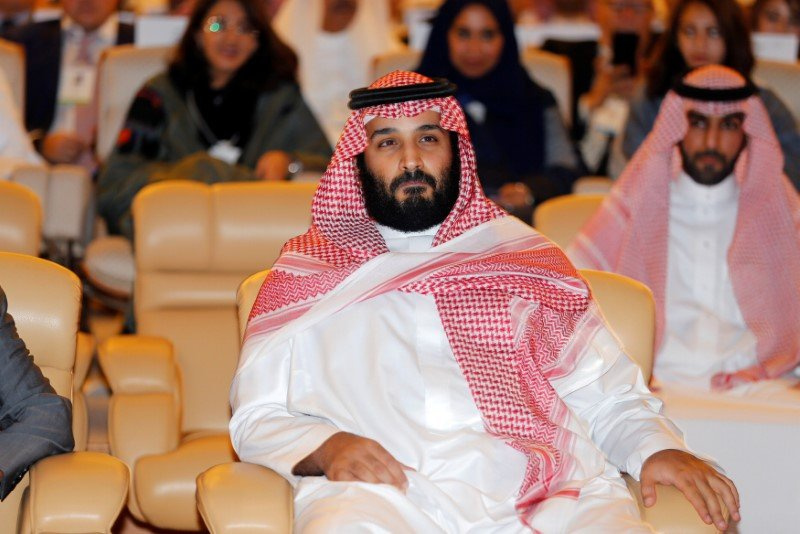Saudi Arabia’s Great Leap Backward

Today, instead of the long overdue reform of an ossified political system, Saudi Arabia is in the midst of a major political purge and greater authoritarianism under the guise of "anti-corruption" led by a crown prince who is, simultaneously, exceeding himself in foreign adventures, in light of the on-going war and quagmire in Yemen, land and air blockade of neighboring Qatar, and outright hostilities against Iran and Lebanon.
Clearly, the Kingdom is in great turmoil, at war with itself and its neighbors and apt to make matters worse by continuing on the present pattern of destructive policies that, in the long run, threaten the regime's longevity. Emboldened by US President Donald Trump, who has seemingly given a green light to Riyadh's offensive foreign policy, the Saudi rulers have now escalated the rhetoric against Iran by accusing Tehran of "acts of war" as a result of the latest missile attack from Yemen, which according to New York Times has a history of being armed by North Korean missiles before the onset of hostilities over two years ago. According to the Times, there is no proof of any Iranian complicity in Yemen's missile attack and, yet, the Saudis have tried to pin the latter on Iran by manufacturing evidence, i.e., claiming that their experts have put pieces of the downed missile fired at the capital city and found evidence that it was manufactured in Iran. If this were true, no doubt they would have immediately showcased the evidence to the international media in order to bolster their case against Tehran.
As part of their coordinated new offensive against Iran, the Saudis have now managed a timely coup by convincing, or perhaps strong arming, Lebanon's Prime Minister Saad Hariri to resign while visiting Riyadh, i.e., so overt an act of political manipulation of Lebanon's politics that even the mainstream Arab media has castigated it as a cunning Saudi attempt to throw Lebanon back to the bosom of a new round of dangerous turmoil. Cognizant of this fact, Hizbollah's leader Hassan Nasrallah has wisely called for "calm and order," thus depriving Lebanon's enemies of an opportunity to sacrifice the country's hard-earned peace and tranquility for the sake of their own sinister interests. While it remains to be seen what will happen in Lebanon, and whether or not a new coalition government will emerge and maintain the much-needed internal security that is an absolute must for the economic prosperity, nonetheless it is abundantly clear that the US, which is slapping Hizbollah with new sanctions, is in cohort with Riyadh and Tel Aviv with respect to a new destabilization plan for fragile Lebanon.
At a time when the bloody 6-year war in Syria is winding down and the terrorist groups backed by the oil sheikhdoms of Persian Gulf are being routed, the plot against Lebanon is to deny Iran and Hezbollah a regional victory and to reverse their recent gains as much as possible, even if it means throwing Lebanon into the havoc of a new civil war. But, the various political groups in Lebanon have matured over the years to learn from the past history, as a result of which the latest Saudi-US maneuvers vis-a-vis Lebanon are bound to have limited success at best. In other words, Lebanon might experience a new degree of instability, but it will not descend to the nightmare of yet another civil war, irrespective of how hard the enemies of peace in Lebanon try to sow divisions.
On the other hand, the problem with Riyadh's new aggressiveness against Iran is that it is unlikely to win many converts in the (now divided) Gulf Cooperation Council (GCC), in light of the rift with Qatar and Kuwait's and Oman's cordial relations with Iran. The Saudi ruling elite should therefore think twice before escalating their harsh rhetoric against Iran to new, and dangerous, levels that inevitably enlarges the shadow of war all over the Persian Gulf. A more prudent Saudi course of action, requiring peaceful coexistence with all its neighbors including Iran is called for, which is tragically missing at the present moment.

